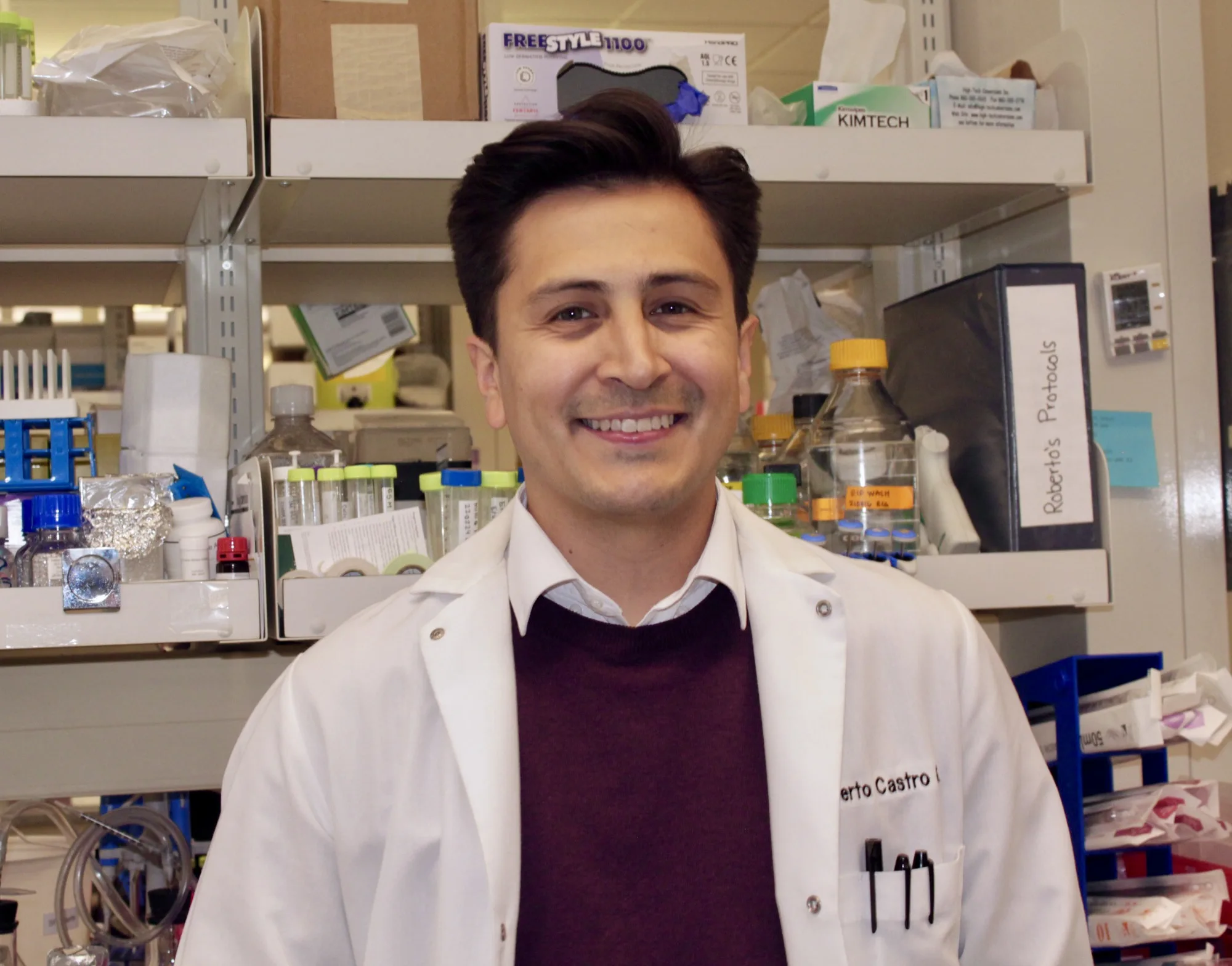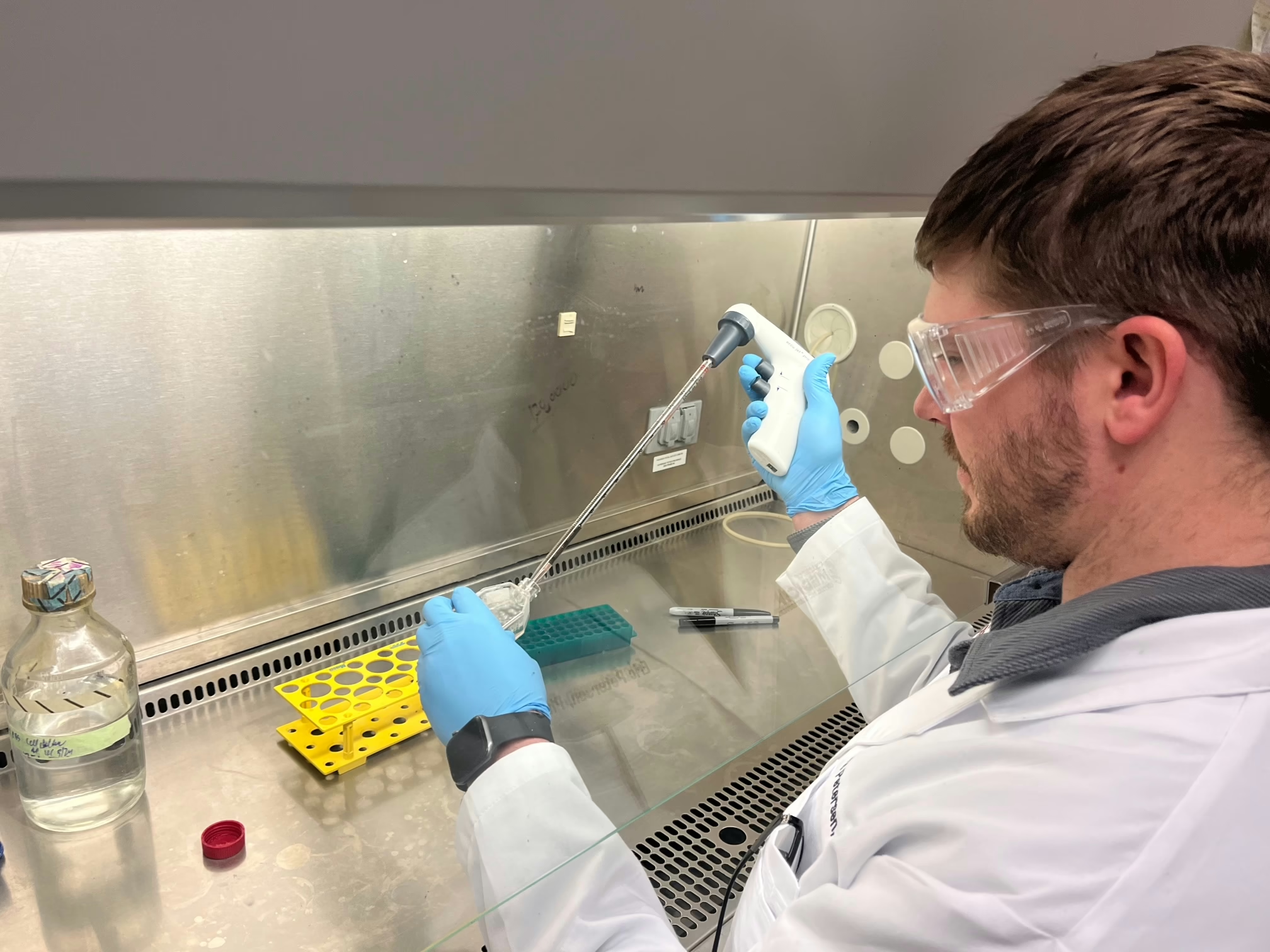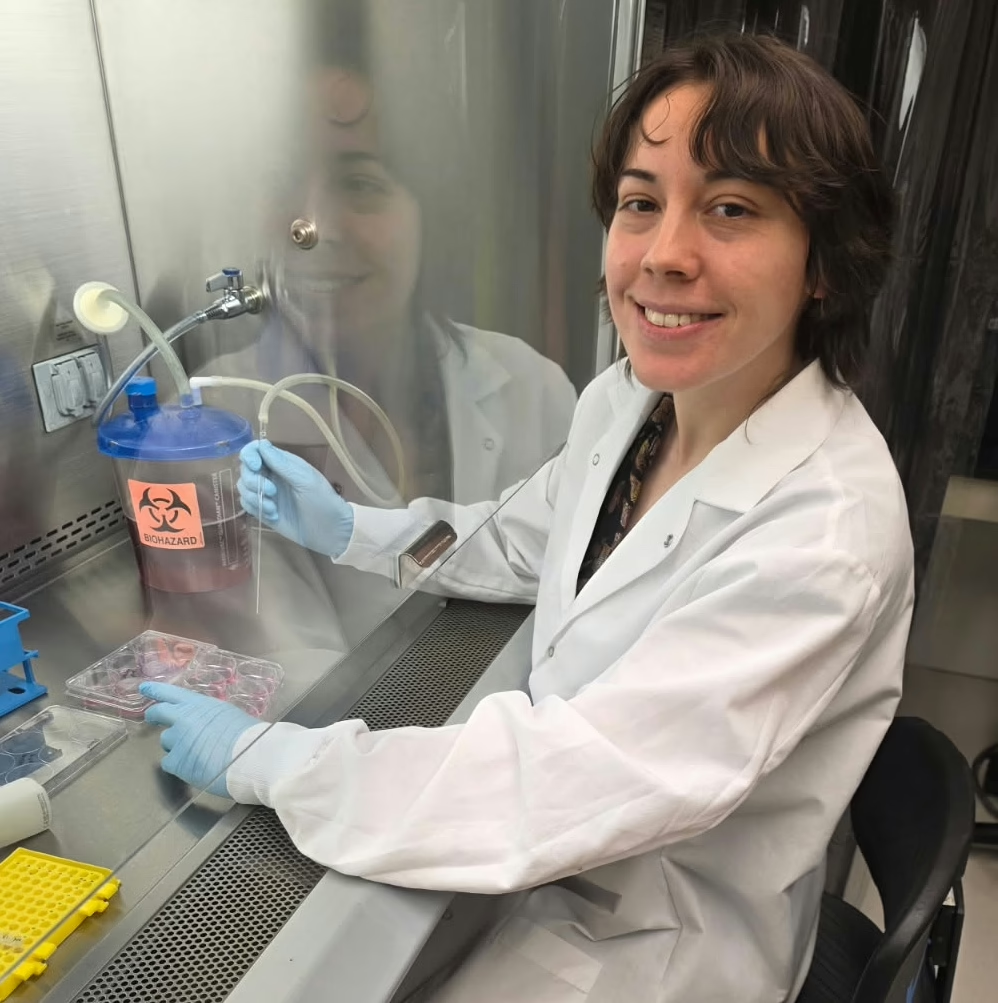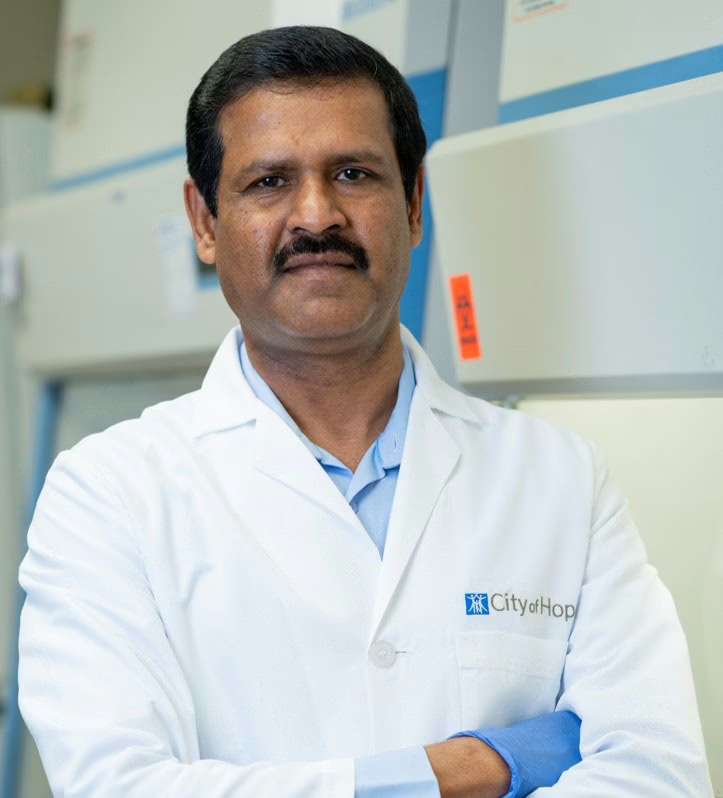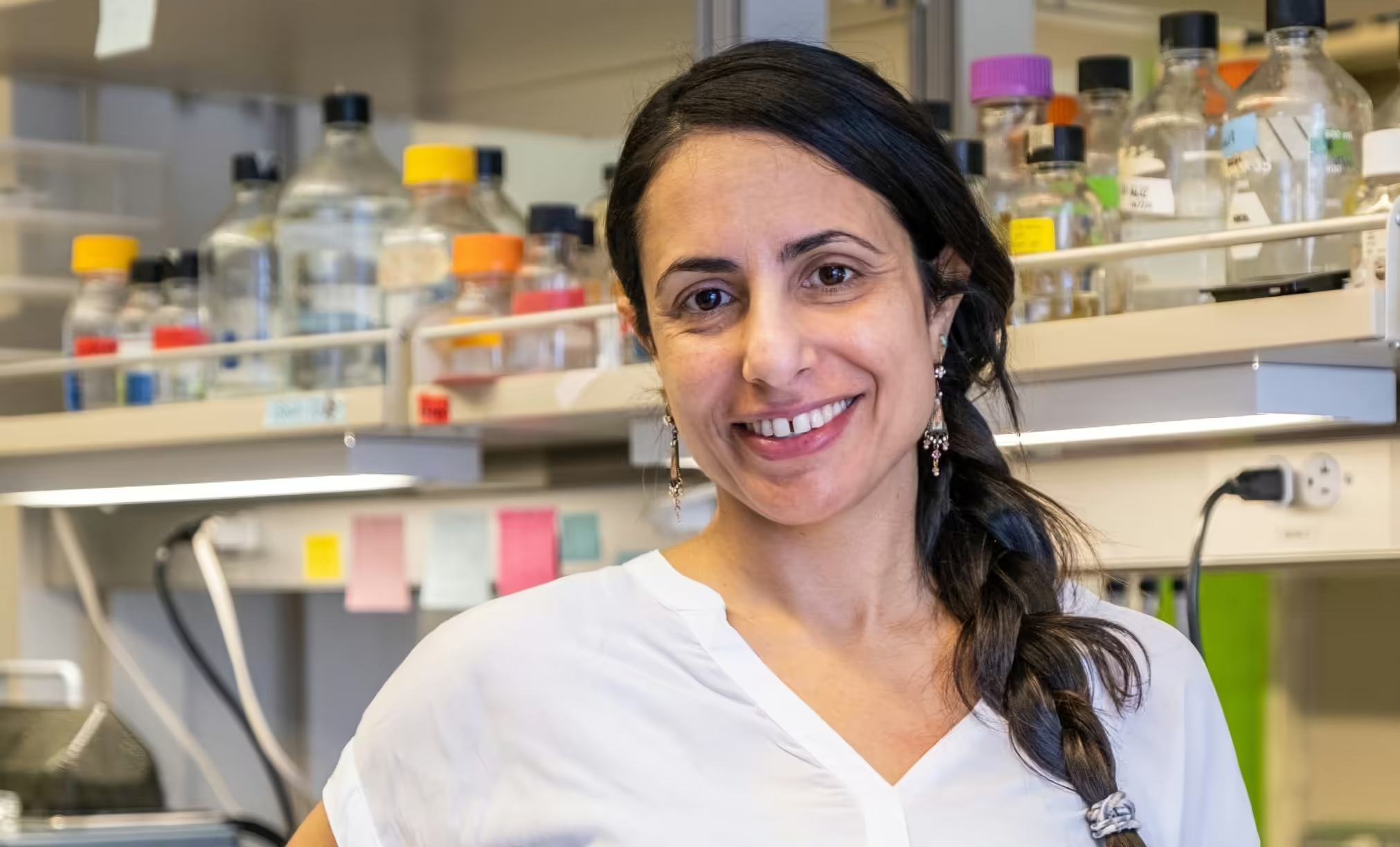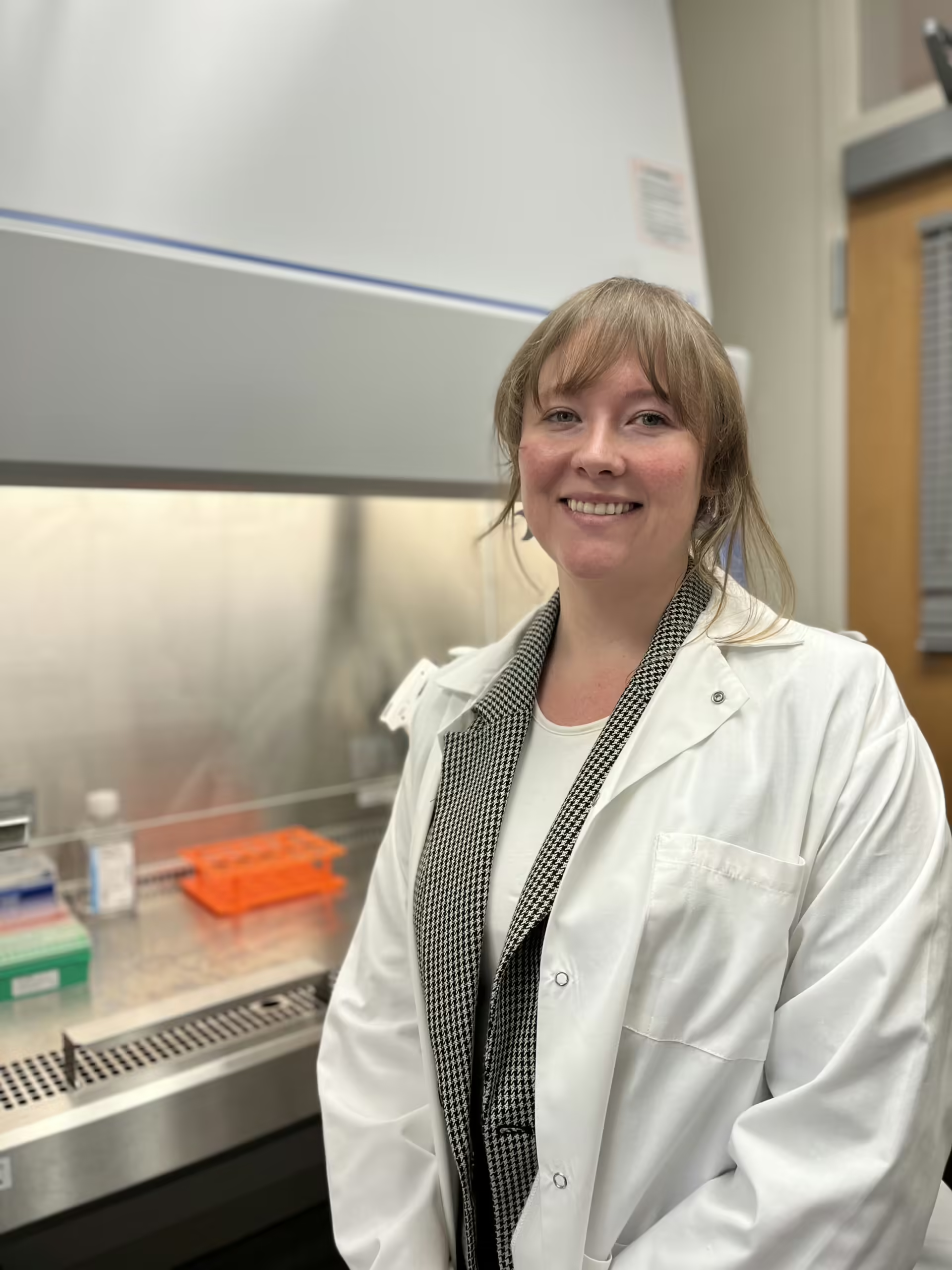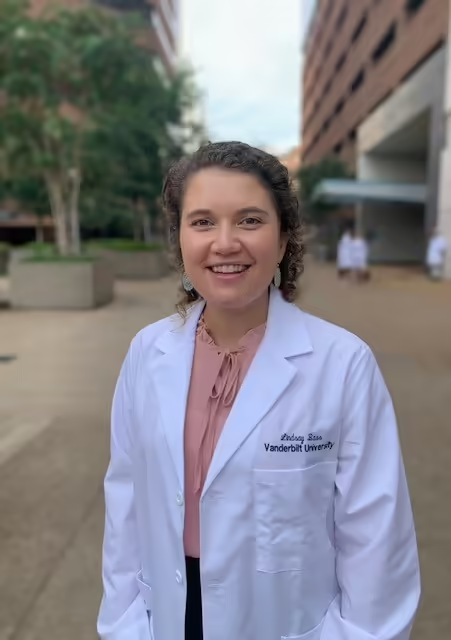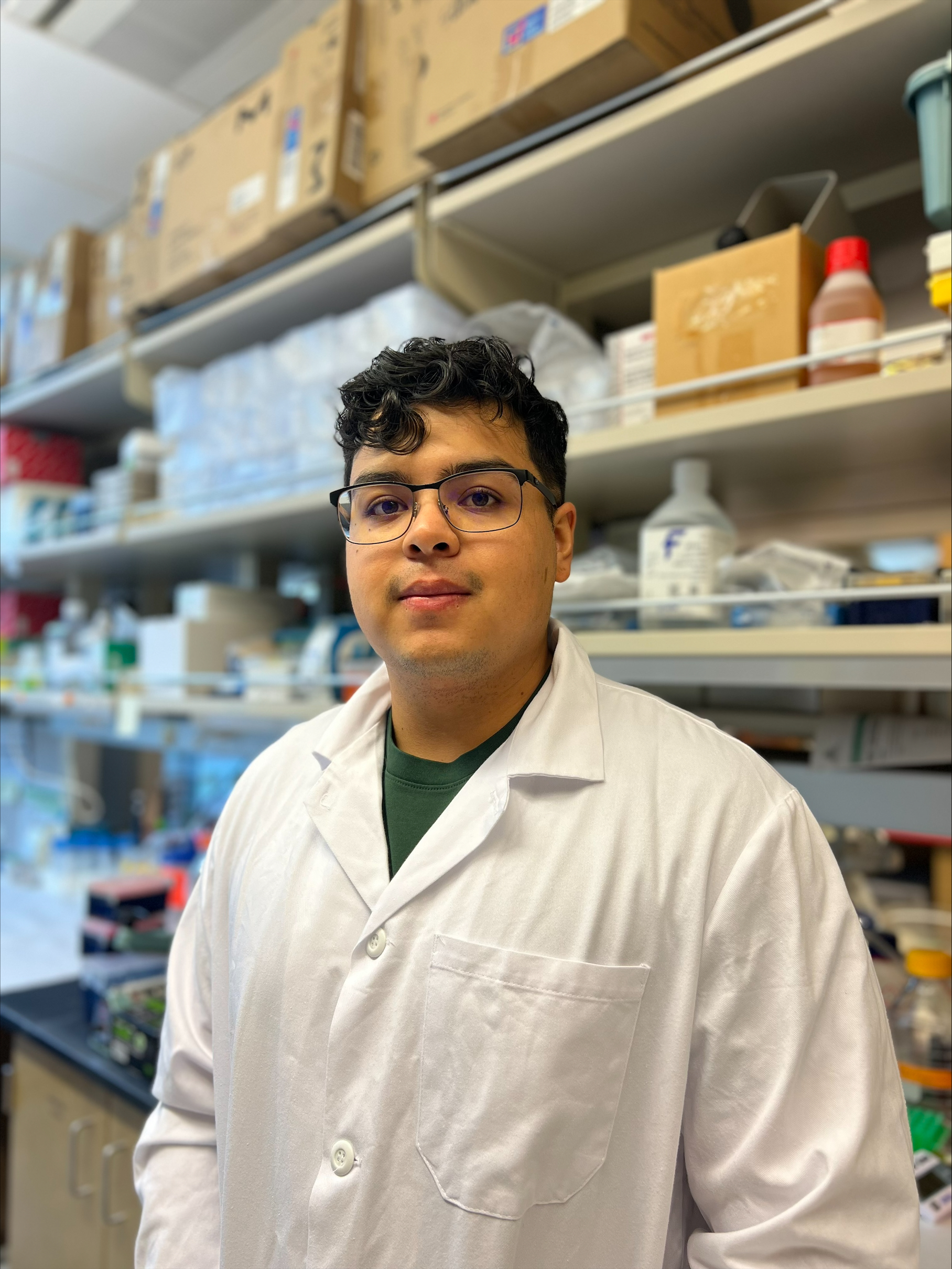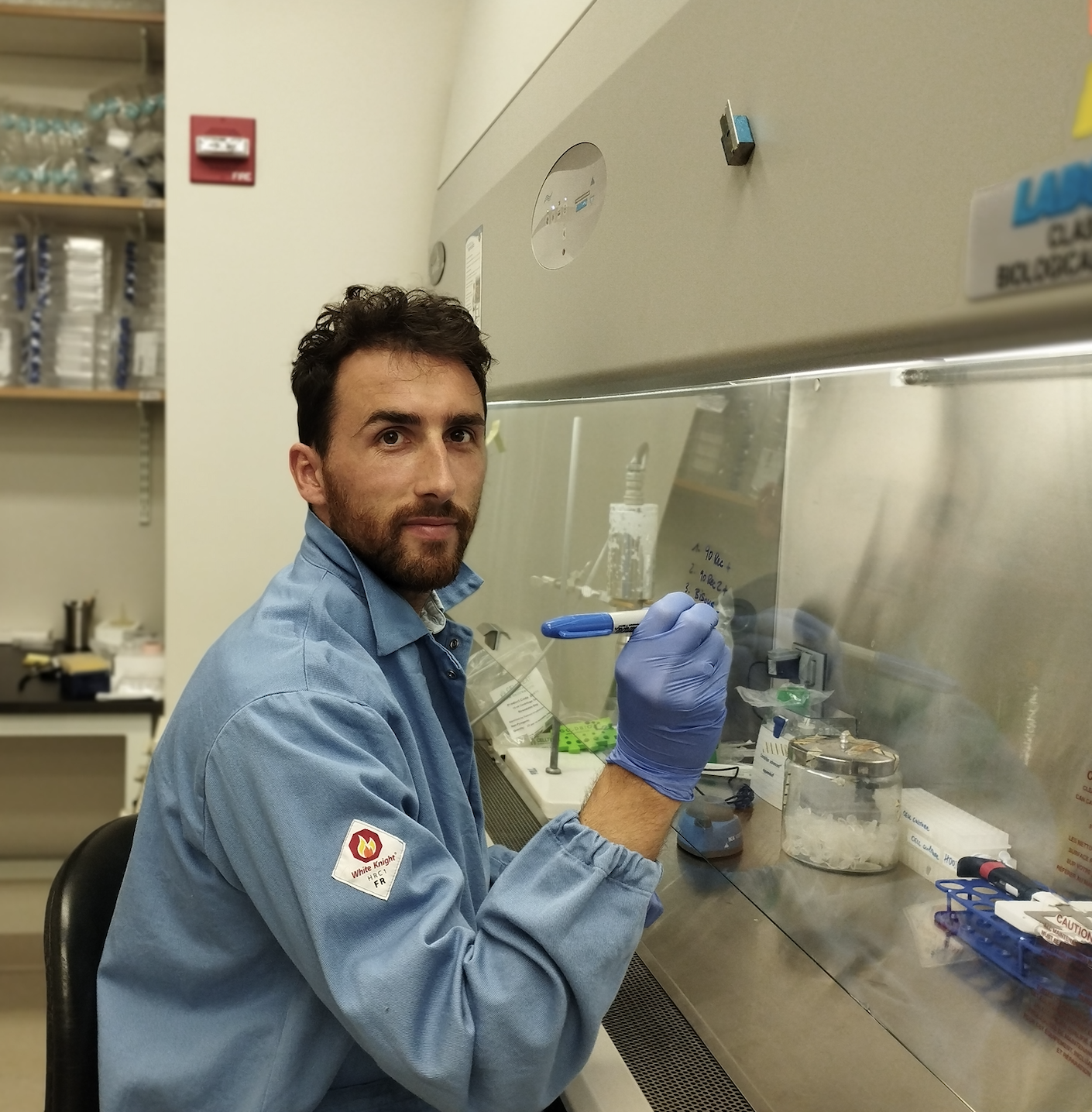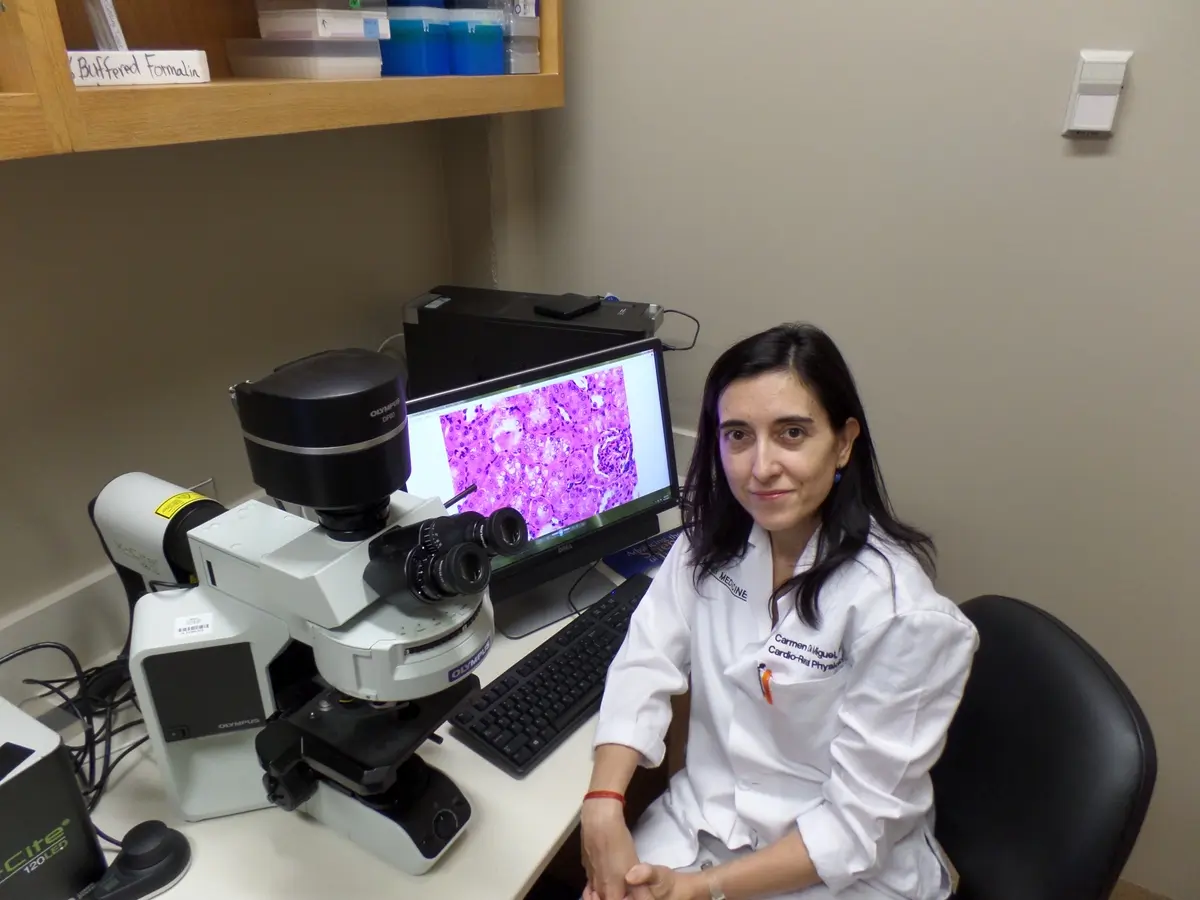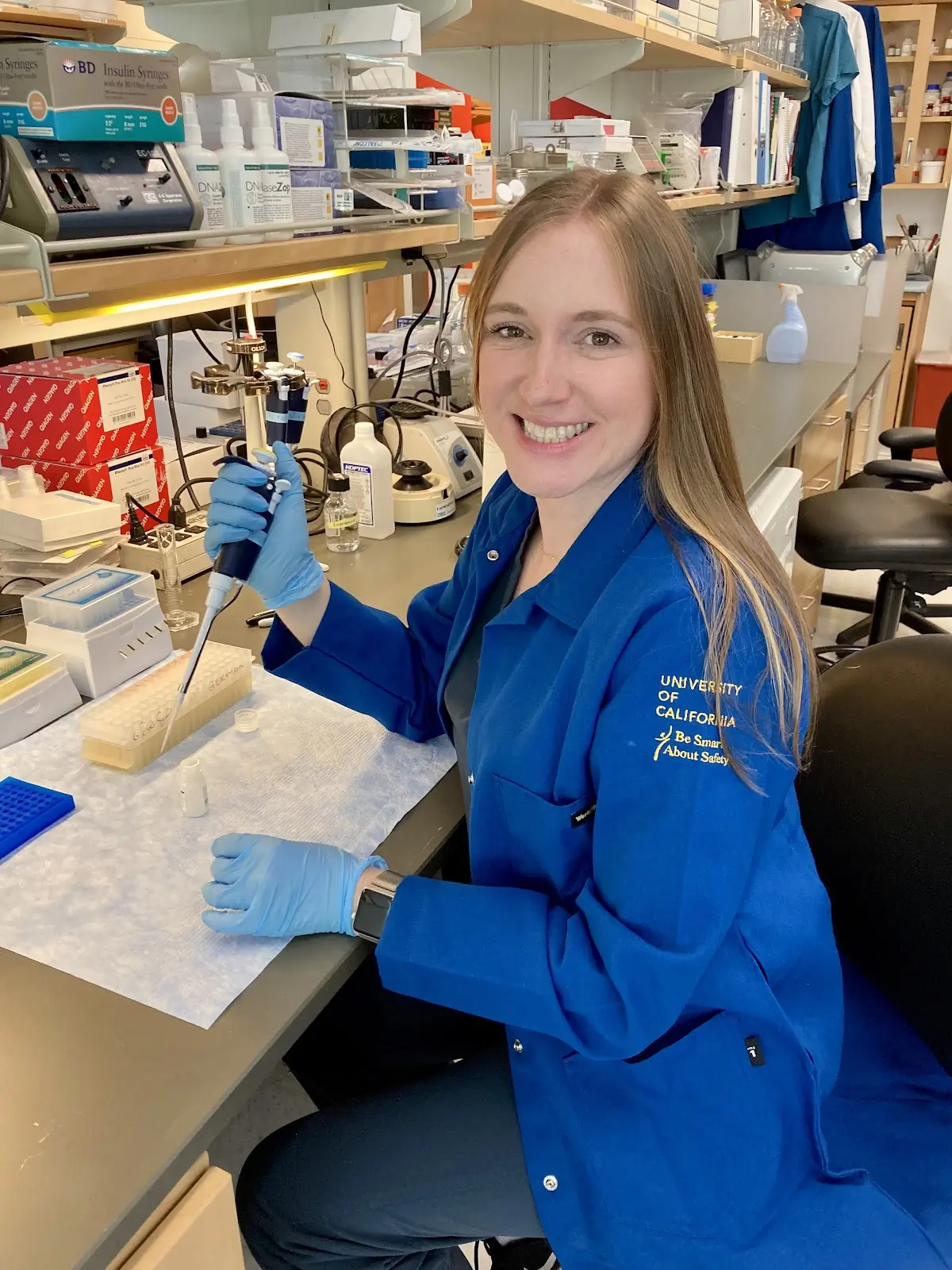Final Update
The overarching goal of this project is to investigate if PD-L1 expression on stem cell derived beta-like cells (sBCs) can protect from reoccurring autoimmunity, thus providing an abundant source of functional insulin-producing cells for cell replacement therapy efforts. Several groups have recently reported that PD-L1 expression on sBCs (PsBC) can protect from allo and xeno graft rejection using in vitro and in vivo models, highlighting its translational prospect. However, how PsBC will respond to an autoimmune environment is unknown, largely due to the absence of appropriate model systems to interrogate the human immune beta cell interface in a matched manner. Over the last years, we have spent considerable efforts in establishing novel in vitro and in vivo models to model immune T cell and pancreatic beta cell interaction and have continued this line of research under this project (and with support of a R01 MPI grant with Dr. Ed Phelps, a bioengineer with keen interest in autoimmune diabetes located at U.of Florida). Taken advantage of one model system, we could show previously that PDL1 expression on sBCs could reduce stimulation of T cell avatars with an autoreactive 1E6 TCR recognizing PPI:15-14. However, while stimulation levels were significantly reduced, levels remained elevated compared to wild type controls, suggesting incomplete suppression of autoreactive T cells by PDL1 expression. Thus, we proposed to develop and employ complementary assay systems to determine of PsBC are completely protected from recurring autoimmunity.
We have achieved great progress on several aspects of the project since the update earlier this year as outlined below:
- Our paper titled: “Cryopreservation of stem cell derived beta-like cells enriches for insulin producing cells with increased function” was recently accepted for publication in Diabetes. Please see the full paper here: https://pubmed.ncbi.nlm.nih.gov/39083654/
The ability to decouple the lengthy direct differentiation protocol from downstream co-culture experiments has been a game changer for our experimental throughput and thus knowledge gain. Since the submission we established considerable frozen stem cell derived beta-like cell banks using different human pluripotent stem cells, including PDL1 over expressor sBCs. Notably, several research groups commented to our group during the recent IPITA stem cell derived islet meeting that they successfully replicated this approach, and it is extremely valuable to them, highlighting the greater impact of the DRC supported work to the community.
- Under the support of the MPI with Dr. Phelps, but pertaining to this project we have advanced our efforts in establishing novel in vivo models to test PDL1 ability to prevent (auto-) immune destruction. To recap, we have used NOD-HHD T cells as a A2 specific source of autoreactive T cells. When transferring total CD3 or CD4 T cells into NSG-HHD mice containing WT,B2M or cP- sBC grafts, we observe that cPsBC exhibit survival advantage compared to both control groups, but grafts are lost within a few weeks. These results argue that PDL1 expression alone is insufficient to provide complete protection from autoimmunity using this matched model system. Of note, we adoptively transferred CD8 T cells into mice without sBC grafts to determine the timeline of diabetes induction, but found that the CD8 T cells alone do not result in immune mediated loss of endogenous mouse beta cells. Thus, we did not perform similar experiments with sBC graft bearing mice. Instead, we are currently conducting in vivo experiments in which we combine the cPDL1 with a novel Treg mediate immune tolerance approach we developed in parallel in the lab. To do so, we have generated cPDL1-EGFRt hPSC, differentiated and characterized the sBC, transplanted them into NSG-HHD mice that received adoptively transferred NOD-HHD CD3 T cells and EGFR-CAR Treg cells. The idea is that providing PDL1 mediated immune evasion in conjugation with Treg mediated localized immune tolerance will overcome the autoreactive T cell mediated sBC graft destruction.
Please find below the proof of principle study for Treg mediated localized immune tolerance induction in an non-autoreactive immune rejection model. These results have been recently accepted for publication in Cell Reports:
Title: “Combinatorial genetic engineering strategy for antigen-specific protection of stem cell-derived beta cells by chimeric antigen receptor regulatory T cells”.
Abstract: Regenerative medicine is a rapidly expanding field that seeks to harness an array of human pluripotent stem cell (hPSC)-derived cells and tissues to treat many diseases, including autoimmune type 1 diabetes (T1D), but immune protection of grafts remains a critical challenge for widespread implementation. Chimeric antigen receptor (CAR) technology can confer new antigen specificities to effector T cells and, more recently, regulatory T cells (Tregs), potent immunosuppressive cells. However, one challenge in CAR design is identifying a target molecule uniquely expressed by the cells of interest to prevent unwanted off-target effects. Here, we developed a combinatorial genetic engineering approach to confer CAR-Treg-mediated localized immune protection to stem cell-derived cells using a humanized T1D preclinical mouse model. We genetically engineered hPSC to express a truncated form of the epidermal growth factor receptor (EGFRt), which serves as a biologically inert and generalizable local target for CAR-Treg homing and activation. In parallel, we generated EGFR CAR-Tregs that were activated by EGFRt-hPSC-derived pancreatic beta-like cells (sBC) without disrupting Treg identity. Strikingly, activated CAR-Tregs suppressed innate and adaptive effector immune responses in vitro and prevented effector CAR-T-cell-mediated sBC graft destruction in vivo. Collectively, we provide in vitro and in vivoproof-of-concept data that hPSCs and Tregs can be co-engineered to specifically protect hPSC-derived cells from immune rejection upon transplantation.
The in vivo experiments combine Tregs and cPDL1 sBC are currently ongoing. In addition, we decided to repeat published experiments from the Evans lab in which PDL1 expressing insulin producing cells can survive when transplanted into immune competent Black6 mice. Namely, we transplanted WT and cPsBCs into Black6 mice and follow graft survival using bioluminescenc quantification.
We anticipate that both in vivo experiments will allow summarizing an extensive body of work we generated over the last ~3-4 years focused on PDL1 ability to protect sBC from autoimmune attack using novel humanized mouse models.
- We have spent considerable efforts on establishing experimental platforms to investigate T- and beta cell interactions accurately. To increase our likelihood of success, we collaborate with Drs. Stabler, Brusko and Phelps. Of note, the physical proximity and our ability to freeze thaw sBCs (and T cell avatars) has been instrumental for the success of this work and has allowed us to establish two platforms using WT sBC. 1) In collaboration with Stabler lab, we can now reproducibly co-culture T cells with sBC in a 3D hydrogel that allows continuous imaging of T cells while measuring sBC cell death. While we initially focused on using the well characterized 1E6 TCR clone recognizing PPI:15-24, we have expanded our autoreactive TCR repertoire in collaboration with Dr. Nakayama. We currently finalizing a first manuscript summarizing the results form this exciting experimental platfrom and have started to expand the efforts to cPsBC and controls. 2) In collaboration with Brusko lab, we can now quantify sBC specific T cell mediated killing using a Chromium assay. Again, we currently summarizing these findings in from of a manuscript and in parallel expand these efforts using cPsBC and control sBC. Data from both assay systems will be included in the in vivo paper outlined in section 2 above.
Taken together, we have made great progress on the DRC funded project and will continue this important work. As highlighted in the progress report, we believe that our efforts will provide novel resources and approaches to the T1D research community. We anticipate that this will further accelerate efforts to identify approaches to provide long lasting cell replacement therapies that can withstand allo and auto immune attack.
I want to thank the DRC and its donors for supporting Dr. Roberto Castro-Gutierrez career progression by supporting this exciting project. Of note, this project is one of many he spearheaded during his tenure in my lab. Funding by DRC truly makes a difference in our research efforts by providing flexibility to conduct high risk high gain work, that usually cannot be funded by other classical mechanisms (NIH or other state/ federal funding mechanisms). As with this project, many experimental approaches had to be developed to be able to investigate previously inaccessible biological questions. Specifically, the T1D field largely lacks the ability to investigate autoimmunity in the human context and this project allowed us to establish multiple novel approaches to do so now. While at times a frustrating and long process requiring extended hours in the lab and the appropriate resources, we believe that focusing on furthering the field by pushing the boundaries of current science is critical for meaningful progress. Again, thank you for allowing us to do this important work. My lab and I am are more committed than ever, encouraged by the breakthroughs we achieved lately on several aspects, to achieve our overarching goal: Understand how and why T1D develops in the first place and uses this knowledge to develop a practical cure in form of durable and save cell replacement therapies for people affected by T1D. Of note, we will leverage the investment by DRC and use the data generated with these funds to obtain federal grant money.
In addition, I am pleased to report that Roberto is currently conducting postdoctoral training in the Tang lab at UCSF with a continued focus on T1D. Roberto and I remain in close contact, working on completing several research papers he first authors that are at different stages of the review process (keep your eyes peeled for a paper currently under revision at Diabetes, identifying hundreds of novel open reading frames in human beta cells with function in gene regulation and immune surveillance. Truly innovative work!) and I am honored to be able to still function as his career mentor. I anticipate that Roberto will develop in a thought leader within the T1D space, and I am convinced that the support from DRC has further accelerated his career progression significantly. Many thanks!
6-Month Project Update
we have made significant progress on our project over the past months. The goal is to investigate whether PD-L1 expression on stem cell-derived beta-like cells (sBCs) can protect against recurring autoimmunity, providing a stable source of insulin-producing cells for cell replacement therapy. Previous research has shown that PD-L1 expression on sBCs can prevent allo and xenograft rejection, but its effectiveness in an autoimmune environment is still unknown. To address this, we have developed novel in vitro and in vivo models to study the interaction between immune T cells and pancreatic beta cells, supported by an R01 MPI grant with Dr. Ed Phelps. Our initial findings indicate that PD-L1 expression on sBCs can reduce the stimulation of autoreactive T cells, but not completely suppress them, suggesting the need for further investigation into whether PsBCs can fully protect against autoimmunity.
We have made progress on several fronts. First, we developed a dox-inducible system to control PD-L1 expression on sBCs, but it showed incomplete protection. To improve this, we tested different promoter strategies to achieve high and uniform PD-L1 expression, resulting in a new cell type, cPsBC, which also expresses firefly luciferase for easy quantification. Second, we established a protocol for cryopreserving sBCs, allowing us to create frozen banks of various genotypes for co-culture assays. Third, we advanced our in vivo models, using NOD HHD mice that express human HLA-A2 and found that while PsBCs showed some survival advantage, they were eventually lost, indicating PD-L1 alone is insufficient for complete protection. Finally, we have been refining our co-culture assays with different T cell populations to achieve reproducible results and reliable measurements of beta cell survival. We are focusing on human CD8 T cells with the 1E6 TCR and subpopulations from NOD HHD splenocytes. Our progress on these aims is laying the groundwork for future research into human autoimmunity and improving cell replacement therapies for Type 1 Diabetes.
Project Description
Patients suffering from Type 1 diabetes (T1D) lack functional insulin-producing pancreatic beta cells. The absence of beta cells is due to an autoimmune attack that results in their destruction. Transplantation of cadaveric beta cells represent a promising practical cure for T1D patients; however, donor shortage and immune rejection have hampered these efforts. Thus, generating an unlimited source of beta cells and protecting them from recurrent autoimmune destruction is crucial for making cell replacement therapy a reality for T1D patients.
In our lab we specialize in the large-scale generation of beta-like cells using directed stem cell differentiation, directly addressing the issue of donor tissue scarcity. However, beta-like cells are still susceptible to an immune attack. We have shown that stem cell derived beta-like cell (sBC) grafts transplanted in humanized autoimmune diabetes mice are readily rejected in a similar manner as is seen in T1D patients. For this reason, my project aims to perform genetic engineering in sBCs to protect them from an autoimmune attack. I propose to force the expression of immune check-point inhibitor PD-L1 in sBCs and then expose them to multiple autoimmune cells derived from T1D patients. Using this platform, I will determine if PD-L1 alone, or in combination with other genetic modifications, can fully protect sBCs from T1D patient’s immune cells.
Once I determine the genetic modifications required for successfully protecting sBCs, I will transplant sBCs into autoimmune diabetic humanized mice. The immune system of these mice has been trained to recognize human cells as self and won’t attack sBCs unless autoimmune diabetes occurs. This mouse model is one of the most accurate representations of human autoimmune diabetes. Using this innovative approach, I will study 1) the potential of genetically modified sBCs to reverse diabetes and 2) if genetically modified sBCs survive an autoimmune attack.
This project will tackle two critical aspects of T1D cell replacement therapy, namely the production of unlimited beta cells, and how to protect sBCs from recurrent autoimmunity. If successful, I anticipate that results from my studies will pave the way for a transformational impact in the field of cell-based replacement therapies to cure T1D.

